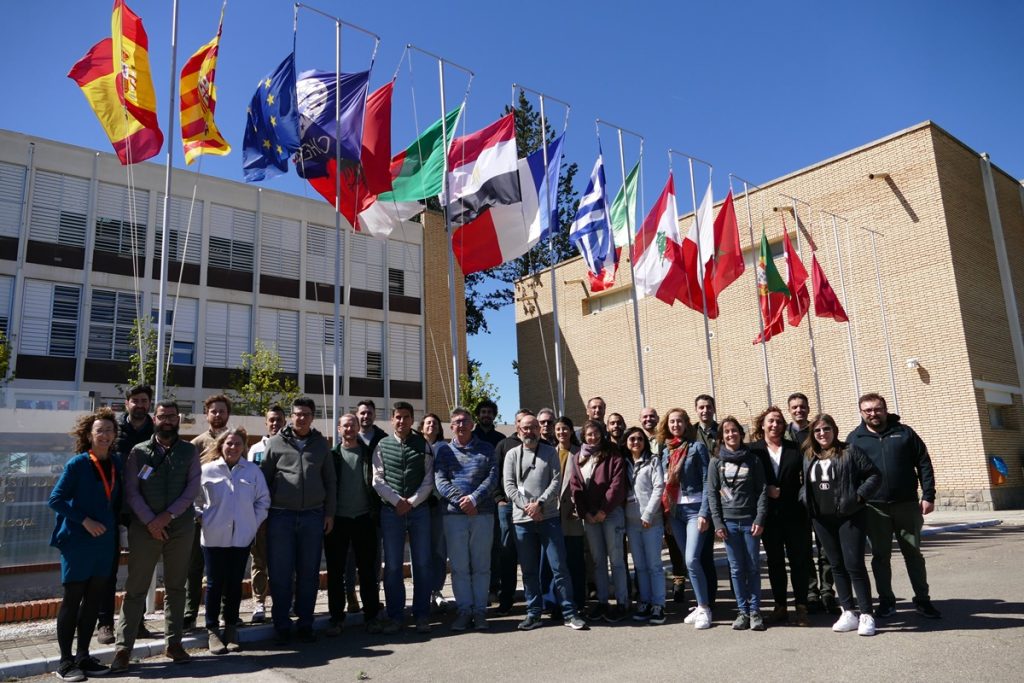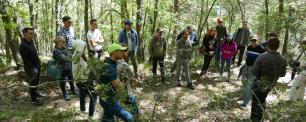How to accompany the Mediterranean forest in the face of the climate change disturbances
How can we accompany the Mediterranean forest in its adaptation to the uncertainties and disturbances associated with climate change? Answering this question has been the objective from which the advanced course ‘Management strategies to improve the resilience of Mediterranean forests’, has been structured, aimed at people with political responsibility, public administration specialists, research professionals and NGOs. Professionals who face the daily challenge of defining and promoting policies to strengthen forest resilience, which condition our environment and our society.
One of the values of the proposal is the points on the map of the Mediterranean and Europe that it has covered: we had almost 40 participants from Albania, Germany, Algeria, Spain, Italy, Lebanon, Malta, Morocco, Portugal, Tunisia and Turkey. His responsibilities are heterogeneous and complementary, including specialties in science, public administration, business and non-governmental organizations.

"An essential value of the program has been to provide tools and methodologies to reinforce the conservation of forest multifunctionality and its adaptability to climate change. And also to provide an integrated vision of its management and governance."
JOSEP M ESPELTA, CREAF researcher and scientific coordinator of the course.
The training has been designed to combine theory and practice with field visits and has been co-organized by CREAF (which has assumed the scientific coordination) and CIHEAM Zaragoza, with the collaboration of the European Forest Institute. On behalf of CREAF, the researchers Josep M Espelta and Francisco Lloret have been directly involved, although it has also had the collaboration of other scientists specialized in the forestry field. It was held in the CIHEAM building in the city of Zaragoza, in face-to-face and online format.

An old shared challenge
The main threats posed by global warming in the Mediterranean basin are well known challenges for the countries of the southern shore, often shared by other territories. The theoretical and practical sessions of the course addressed the main threats associated with climate change in the Mediterranean area, how to make the concept of forest resilience to the main disturbances - such as fires, droughts and pests - operational and tangible, which forest management strategies are efficient to reinforce the resilience of the Mediterranean forest and, finally, how to promote policies and governance mechanisms to favor new innovation and social collaboration schemes.
From the dialogue established in the different sessions and the exercise of final conclusions, the complexity of the situation, its transversality throughout the Mediterranean arc and the advantages of addressing it jointly, adapting it to the particular context of each country, became evident. In most cases, the adaptation of forests requires promoting management that is closer to nature, implemented on the basis of new instruments of social innovation and governance, which will make it possible to make equitable use of the large number of ecosystem services provided by the Mediterranean forest.







